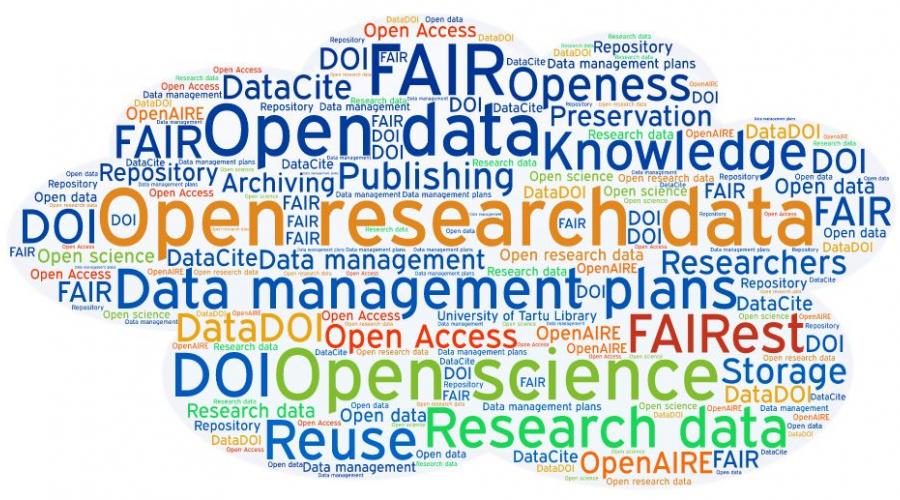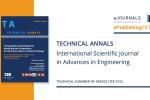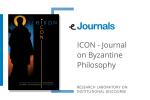
The multidimensional phenomenon of Open Science and the open digital ecosystem developed by the National Documentation Centre (EKT) for the benefit of the scientific community, young researchers and society in general is presented in EKT's new working paper entitled 'The role of EKT in the Open Science ecosystem'.
How is the concept of Open Science defined and what policies contribute to its promotion? What are the challenges facing the Open Science movement and what are its aspirations and goals? What are the benefits of further opening up science both for science itself and its interaction with society? How, by monitoring and participating in the international debate, does EKT co-shape and apply Open Science principles for the benefit of the research community and society in general?
EKT's new publication examines the questions above within the light of international discourse on Open Science, in which EKT is actively involved through its participation in European projects and initiatives, and presents the digital research infrastructures that EKT has developed for the promotion of Open Science and Open Access to research data.
The scientific process is considered from the outset to be one of the more 'open', perhaps the most 'open' human activity. In reality, however, there are limitations both to the conducting of scientific research and the dissemination of its results that make science more 'closed' than might be believed.
The demand for the elimination of any restrictions on the scientific process has resulted in the development of the Open Science movement, the forerunner of which was the Open Access movement in the early 2000s. The Open Access movement aimed at free access to scientific publications for the scientific community, and society as a whole. Open Science does not limit its focus to publications but promotes free access to all stages of the scientific process.
The demand for more Open Science has become even more intense during the period we are going through due to the pandemic. Researchers, research funders, publishers, policymakers, have agreed that in order to combat the danger of COVID-19, science needs to open up its processes as much as possible. For the first time, scientific publications, research data and software used in the research process are being distributed and shared with minimal restrictions.
As an electronic and physical infrastructure of national scope, EKT has an institutional role to collect, aggregate, organise, document, disseminate and digitally preserve scientific, technological and cultural information, content and data, produced in Greece. This meant that EKT became familiar with Open Access from the earliest stages of the movement's development, and was the only Greek body to sign the Berlin Declaration-an Open Access Statute-when it was drafted in 2003. EKT's latest working paper presents, as its title describes, the role of EKT in Open Science.
The working paper is divided into four parts. Just as science is extremely complex in terms of its processes and the results it produces, so Open Science is also a concept that touches on many different topics. For this reason it is difficult to give it a precise identity and define it in an unambiguous way.
The first part of the publication presents some of the attempts to define Open Science. The second section presents the international discussion on Open Science, which involves researchers, research and educational institutions, policymakers, international organisations (OECD, EU), and the issues raised by it.
The third part lists the infrastructures that EKT has developed and continues to develop, as well as projects in which it has participated and continues to participate, in order to identify and present the ways in which EKT is involved in the international debate. and in the Open Science ecosystem. The fourth and final part presents the findings that emerged, while proposals for EKT's future course in relation to Open Science are put forward.















